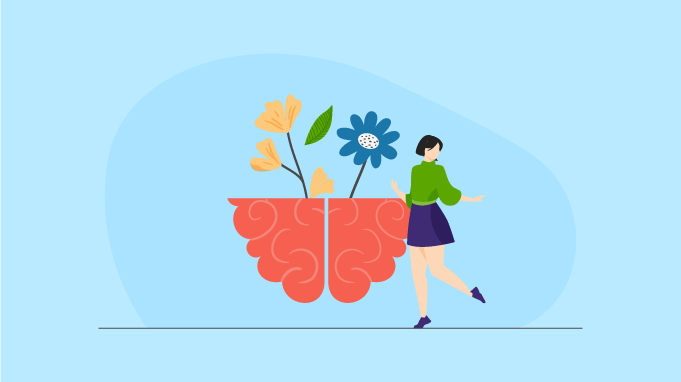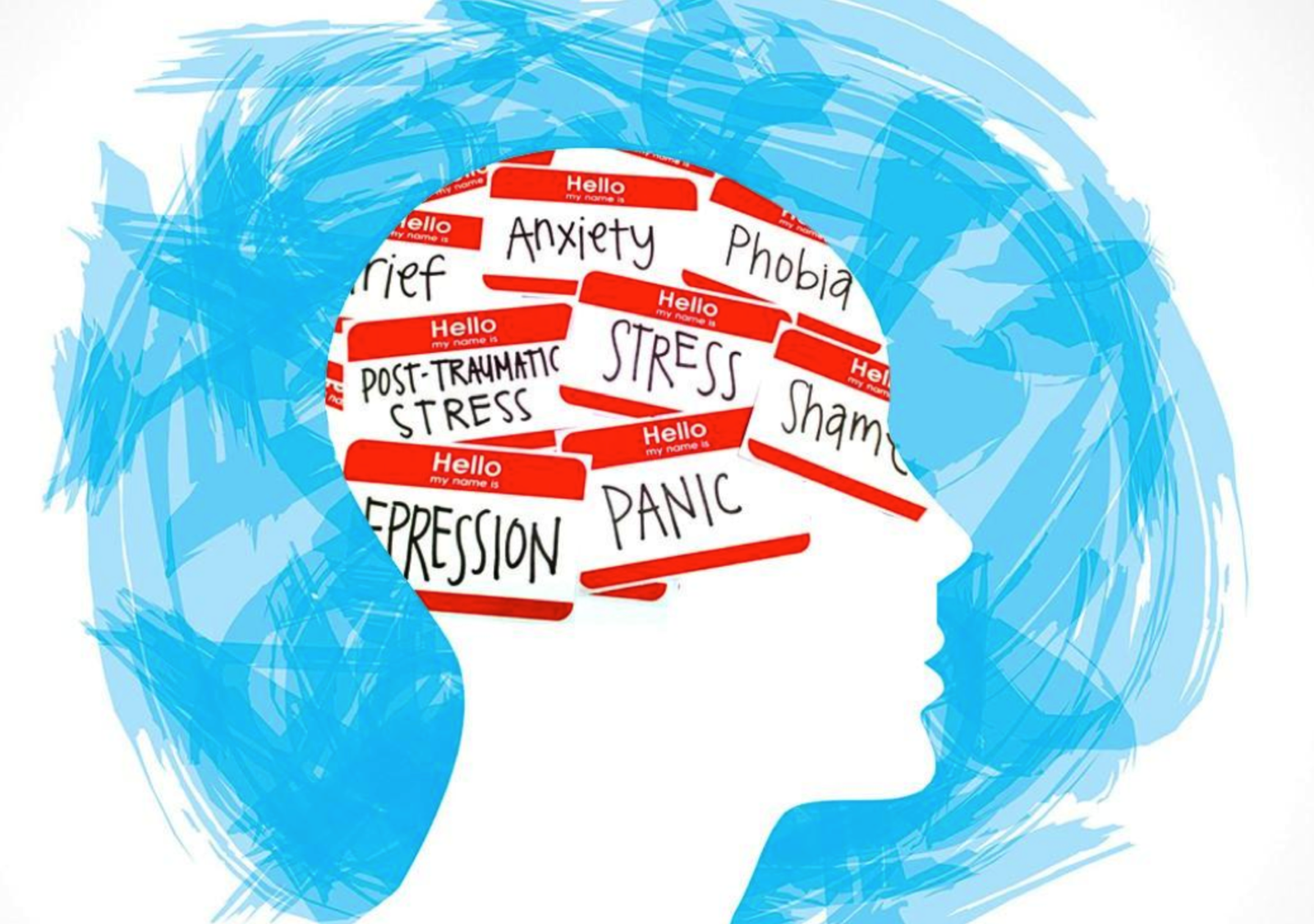In the labyrinth of life’s challenges, emotional resilience emerges as an indispensable trait—an inner strength that shapes our response to adversity, fortifies our mental health, and fuels our ability to thrive. This blog aims to explore the essence of emotional resilience, unravel its significance, and provide insights on cultivating this invaluable skill for a robust and balanced mental well-being.

Understanding Emotional Resilience
1. Defining Emotional Resilience
Explore the concept of emotional resilience, emphasizing its role as the capacity to adapt, bounce back from setbacks, and navigate life’s ups and downs.
2. The Components of Resilience
Discuss the key components that contribute to emotional resilience, such as self-awareness, optimism, adaptability, and problem-solving skills.
The Significance of Emotional Resilience
1. Mental Health and Resilience
Highlight the profound impact of emotional resilience on mental health, stress reduction, and overall well-being.
2. Empowerment and Self-Efficacy
Explain how emotional resilience fosters a sense of empowerment, self-efficacy, and the ability to face challenges with confidence.
Cultivating Emotional Resilience
1. Emotional Regulation Techniques
Introduce techniques like mindfulness, deep breathing, and self-reflection for managing emotions and building resilience.
2. Adaptability and Flexibility
Discuss the importance of adaptability, flexibility in thinking, and the ability to pivot in the face of adversity.
Building Resilience in Practice
1. Positive Mindset and Optimism
Emphasize the power of a positive mindset, optimism, and reframing challenges as opportunities for growth.
2. Seeking Support and Connection
Encourage seeking social support, fostering connections, and building a support network during challenging times.

Overcoming Adversity and Growth
1. Learning from Setbacks
Highlight the significance of learning from setbacks, embracing failures as learning experiences, and fostering a growth mindset.
2. Self-Compassion and Resilience
Discuss the role of self-compassion, self-care, and nurturing oneself during difficult times as integral to building resilience.
Conclusion
Emotional resilience is not about avoiding hardships but about developing the inner strength and adaptability to face them. By cultivating emotional resilience, individuals can fortify their mental health and transform challenges into opportunities for growth and empowerment.







